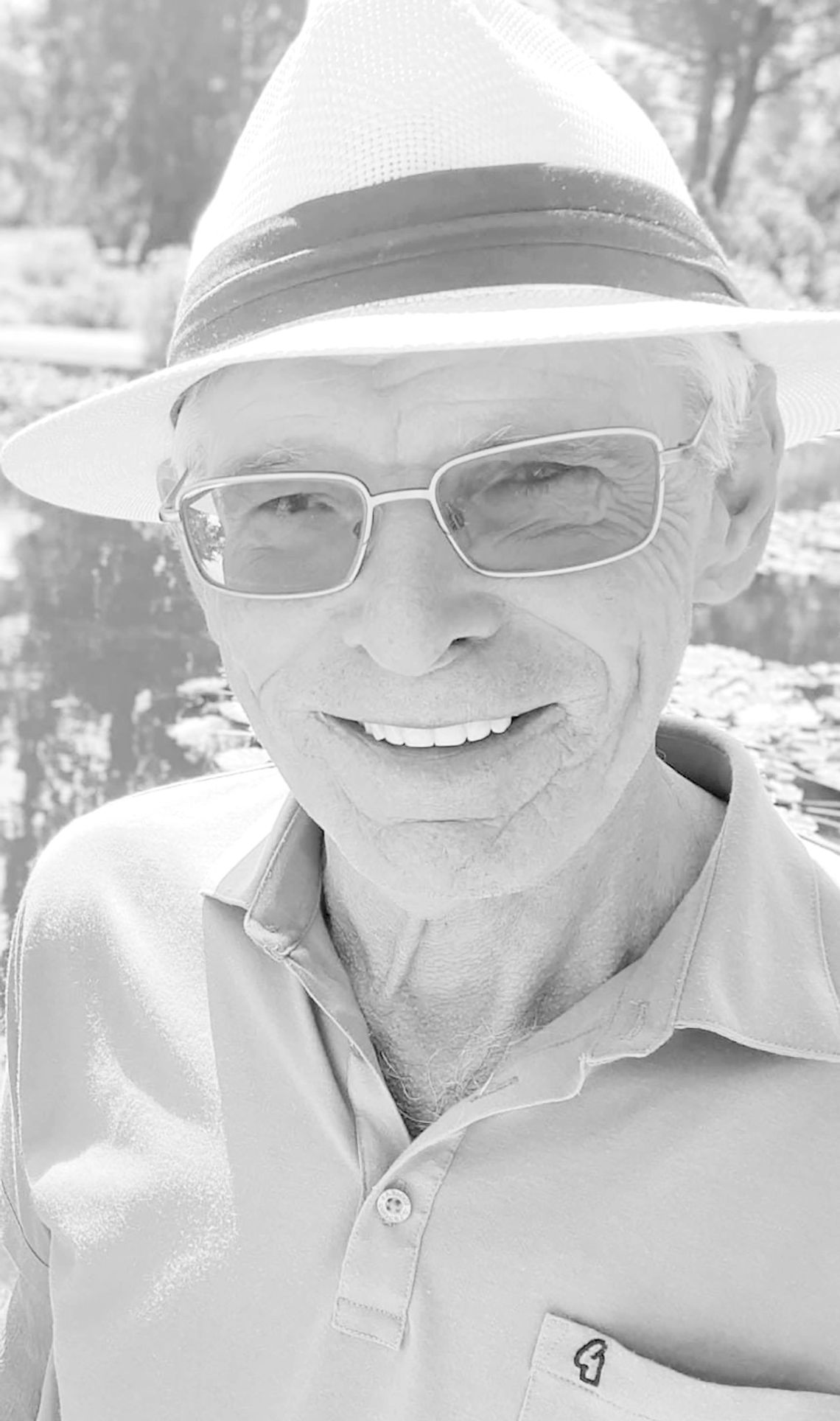Gibson
UNDATED — Lon Madison Gibson, 75, died the other day. It makes no difference where he was born, where he lived or where he died.
Gibson is survived by his wife, Patricia Machon; his daughters, Lonna GibsonBrown and Lisa GibsonFloyd; his sister, Janice Gibson Pickett; his brother, Morris Fleming Gibson; and his grandsons, Reese Ellis Brown, Robert Phillips and Austin Pittman.
It matters not the cause or causes of his death. Just as it matters not how successful or muddled up his life in this world was or was not.
The traditional obituary is an exercise in curtness. It is an art form nasty, brutish and short, taking the scrambled up, complicated thing that is a human life and smashing it into a tidy, coherent narrative.
A man is not completely born until he is dead. As a soul now freed from his body, he is now just getting started. In this life he was just rehearsing for the “real life” that is immortality. God gives bodies to all of us wandering souls for a little while, to experience pleasure; love someone; learn some tricks; have a laugh or two; and hopefully to do some good for humanity. Eventually, these bodies become painful or sad or just too gross to maintain and are shuffled off while we get back to the business of being eternal. For Lon, then, life is never done.
Lon could see how this sentiment might be comforting to a believer, but for those of you living on the other side of faith, the question of what constitutes a completed life is still an open one.
Aristotle thought of life as a sum of its total actions that couldn’t be judged until those actions came to an end. This might be reassuring to those hovering about the frustrated middle of their lives, harshly judging their progress. Not to worry, says Aristotle — it ain’t over till it’s over. And it isn’t really over until you've been judged by other people at a point when you can no longer prepare a defence, be reformed, pay restitution, be rehabilitated. Judgment completes life.
In essence, you’re not really dead unless you’ve been the subject of an obituary.
It doesn’t have to be fancy — a eulogy written by a friend, acquaintance or relative, a notice in the paper, a headstone with dates that say “he was born, he lived and then he died.” These will all do. Without an obituary, it’s almost as if you never existed.
You are invited aboard on a party of pleasure — that is to last forever. His chair was first ready and he is gone before us — we could not all conveniently start together, and why should you and I be grieved at this, since we are soon to follow, and we know where to find him.
(see OBITS, Page 4A)










